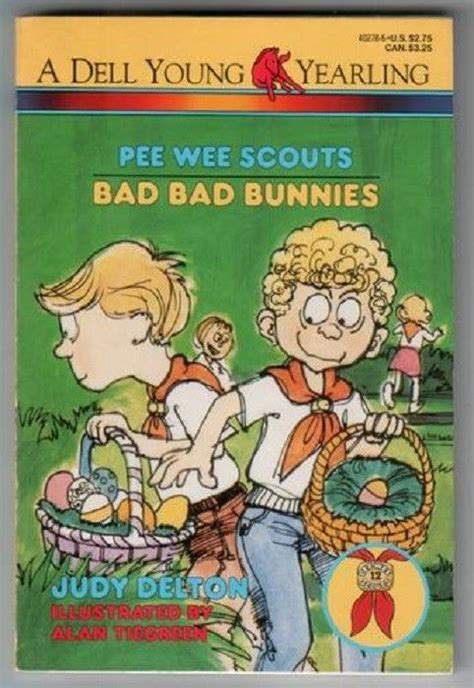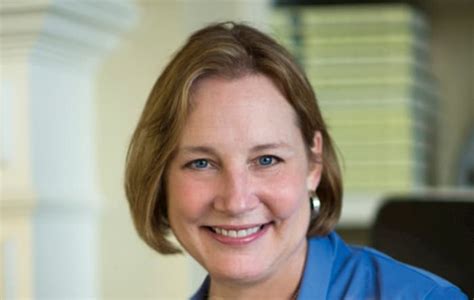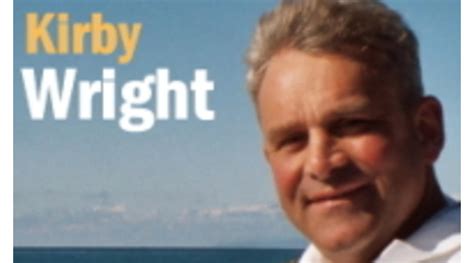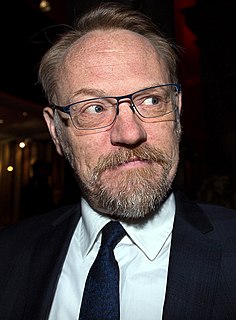A Quote by Steve Martin
Yeah, well, we're all writers, aren't we? He's a writer that hasn't been published, and I'm a writer who hasn't written anything.
Related Quotes
Oh, I love labels, as long as they are numerous. I'm an American writer. I'm a Nigerian writer. I'm a Nigerian American writer. I'm an African writer. I'm a Yoruba writer. I'm an African American writer. I'm a writer who's been strongly influenced by European precedents. I'm a writer who feels very close to literary practice in India - which I go to quite often - and to writers over there.
It feels as though a very disproportionate number of main characters are writers, because that's what the writer knows. Fair enough. But nothing bothers me more in a movie than an actor playing a writer, and you just know he's not a writer. Writers recognize other writers. Ethan Hawke is too hot to be a writer.
Negro writers, just by being black, have been on the blacklist all our lives. Do you know that there are libraries in our country that will not stock a book by a Negro writer, not even as a gift? There are towns where Negro newspapers and magazines cannot be sold except surreptitiously. There are American magazines that have never published anything by Negroes. There are film studios that have never hired a Negro writer. Censorship for us begins at the color line.
One of the most useful parts of my education as a writer was the practice of reading a writer straight through - every book the writer published, in chronological order, to see how the writer changed over time, and to see how the writer's idea of his or her project changed over time, and to see all the writer tried and accomplished or failed to accomplish.
I was writing at a really young age, but it took me a long time to be brave enough to become a published writer, or to try to become a published writer. It's a very public way to fail. And I was kind of scared, so I started out as a ghost writer, and I wrote for other series, like Disney 'Aladdin' and 'Sweet Valley' and books like that.
Nobody becomes a writer overnight. Well, I'm sure somebody did, but that person's head probably went all asplodey from paroxysms of joy, fear, paranoia, guilt and uncertainty. Celebrities can be born overnight. Writer's can't. Writers are made - forged, really, in a kiln of their own madness and insecurities - over the course of many, many moons. The writer you are when you begin is not the same writer you become.
When I was in the writers' room, all these writers were like, "Ugh, another star that they gave a writing-producing credit to." But then within like an hour, they were like, "You're really a writer." "Yeah, I really am. I'm a writer, and a director, and a producer, and an actor, and a painter, and I do all that stuff in the Lush Life." It was great.
The nightmare of censorship has always cast a shadow over my thoughts. Both under the previous state and under the Islamic state, I have said again and again that, when there is an apparatus for censorship that filters all writing, an apparatus comes into being in every writer's mind that says: "Don't write this, they won't allow it to be published." But the true writer must ignore these murmurings. The true writer must write. In the end, it will be published one day, on the condition that the writer writes the truth and does not dissemble.
I was writing everything. I grew up in Albany, New York, and I was never any farther west than Syracuse, and I wrote Westerns. I wrote tiny little slices of life, sent them off to The Sewanee Review, and they always sent them back. For the first 10 years I was published, I'd say, "I'm a writer disguised as a mystery writer." But then I look back, and well, maybe I'm a mystery writer. You tend to go where you're liked, so when the mysteries were being published, I did more of them.
There’s a writer for you,” he said. “Knows everything and at the same time he knows nothing.” [narrator]It was my first inkling that he was a writer. And while I like writers—because if you ask a writer anything you usually get an answer—still it belittled him in my eyes. Writers aren’t people exactly. Or, if they’re any good, they’re a whole lot of people trying so hard to be one person. It’s like actors, who try so pathetically not to look in mirrors. Who lean backward trying—only to see their faces in the reflecting chandeliers.


































